ATRIAL FIBRILLATION
(AFIB) AND HEART
ARRHYTHMIA

Atrial fibrillation (AFib), characterized by an irregular heartbeat, is a very treatable condition. Our Comprehensive Atrial Fibrillation Program, led by Dr. Jeffrey Goldberger, works as a team with you, to provide the safest, most advanced, and most effective treatments available. We offer the world's leading treatment options from a team of experts. Our approach involves whole-body health.
Why Choose UHealth?
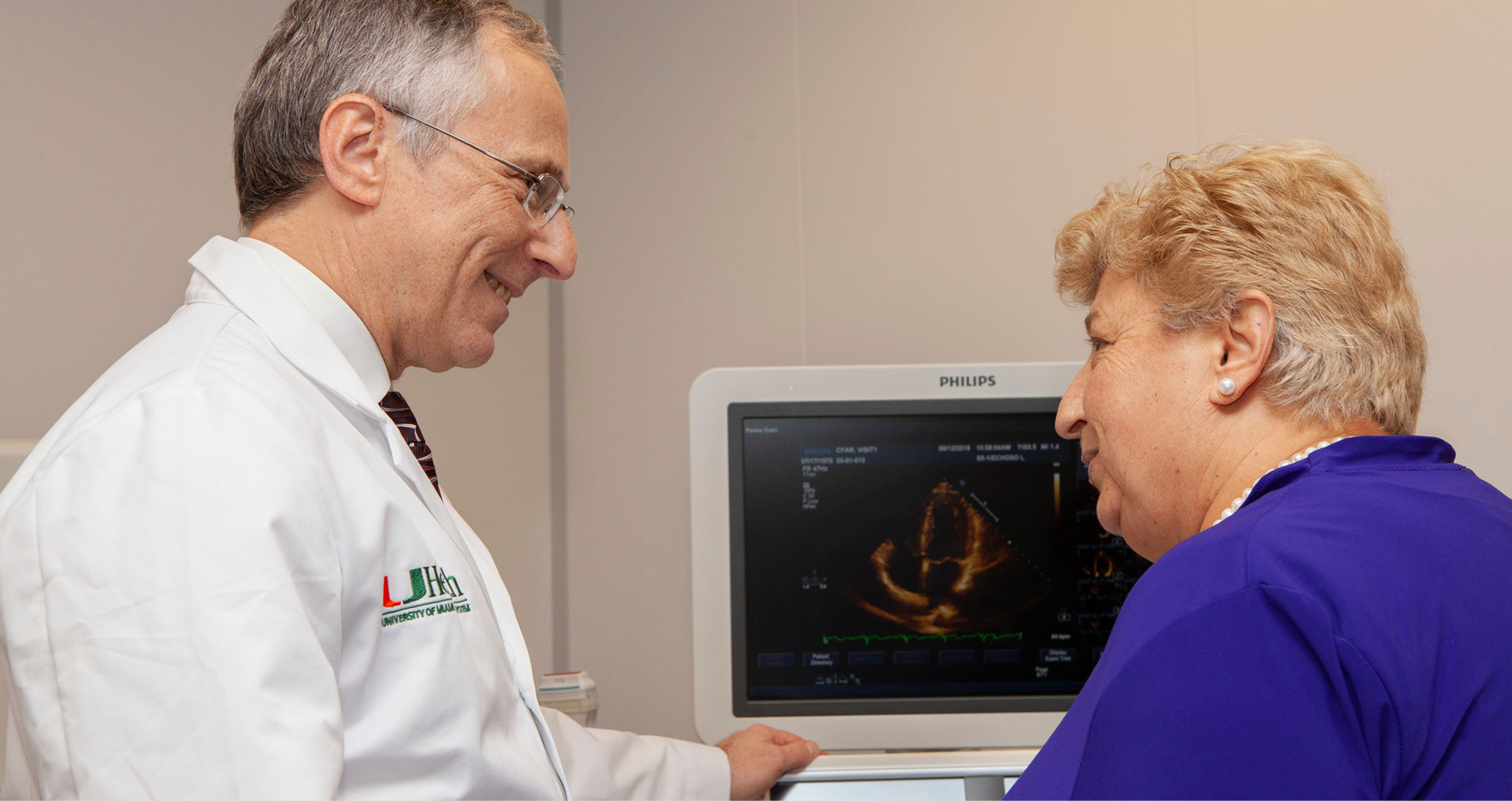
One of the only Comprehensive Atrial Fibrillation Risk Factor Management Programs in Florida. We use a multidisciplinary approach to diagnosis and treatment that includes the most advanced therapies available combined with lifestyle modification to achieve the most effective control of AFib.
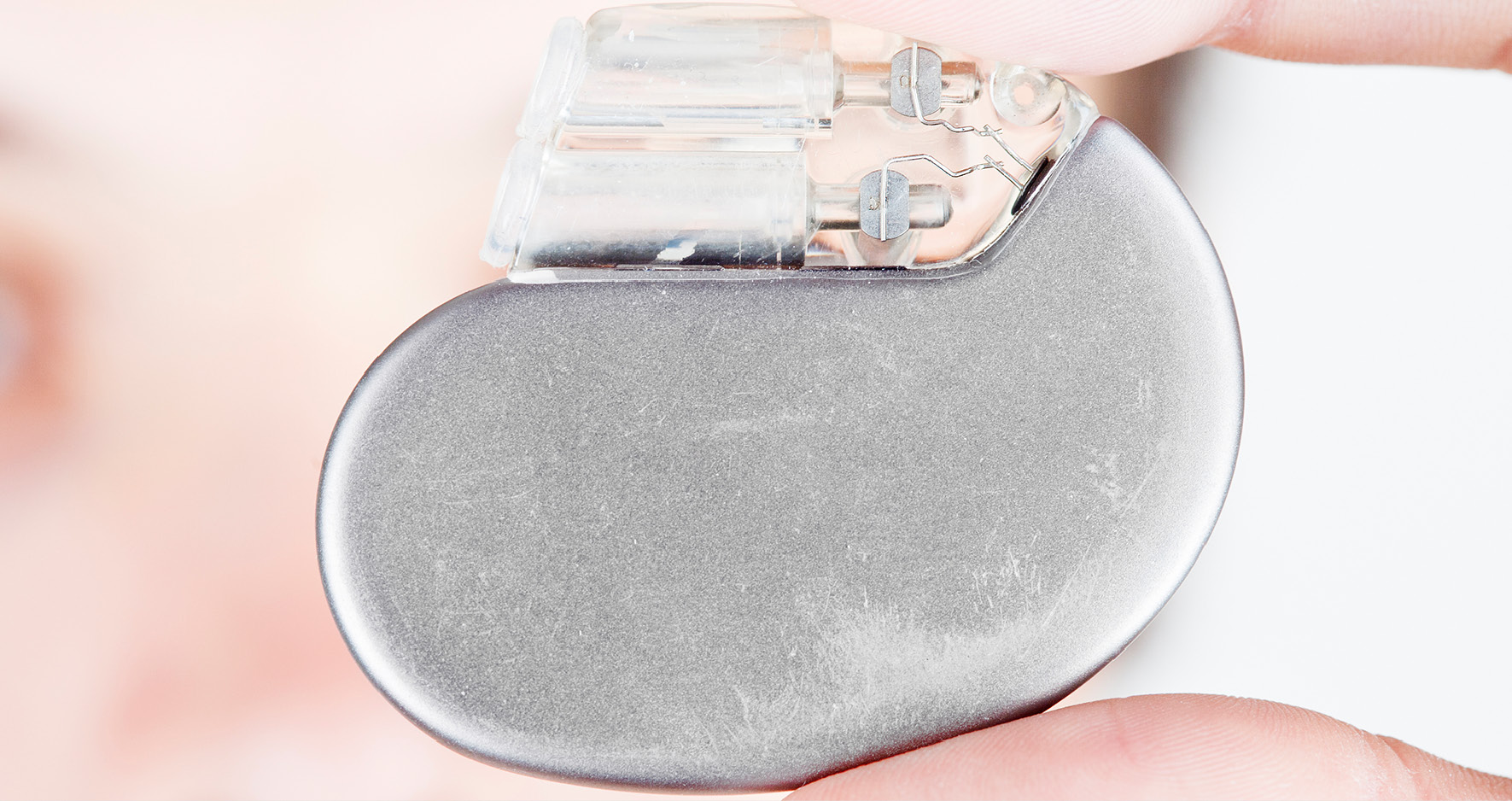
Remote monitoring available. The Pacemaker and Defibrillator Center is dedicated to optimizing cardiac implantable devices. With remote monitoring your doctors can monitor your heart's rhythm virtually, so you don't need to come into the office as often.
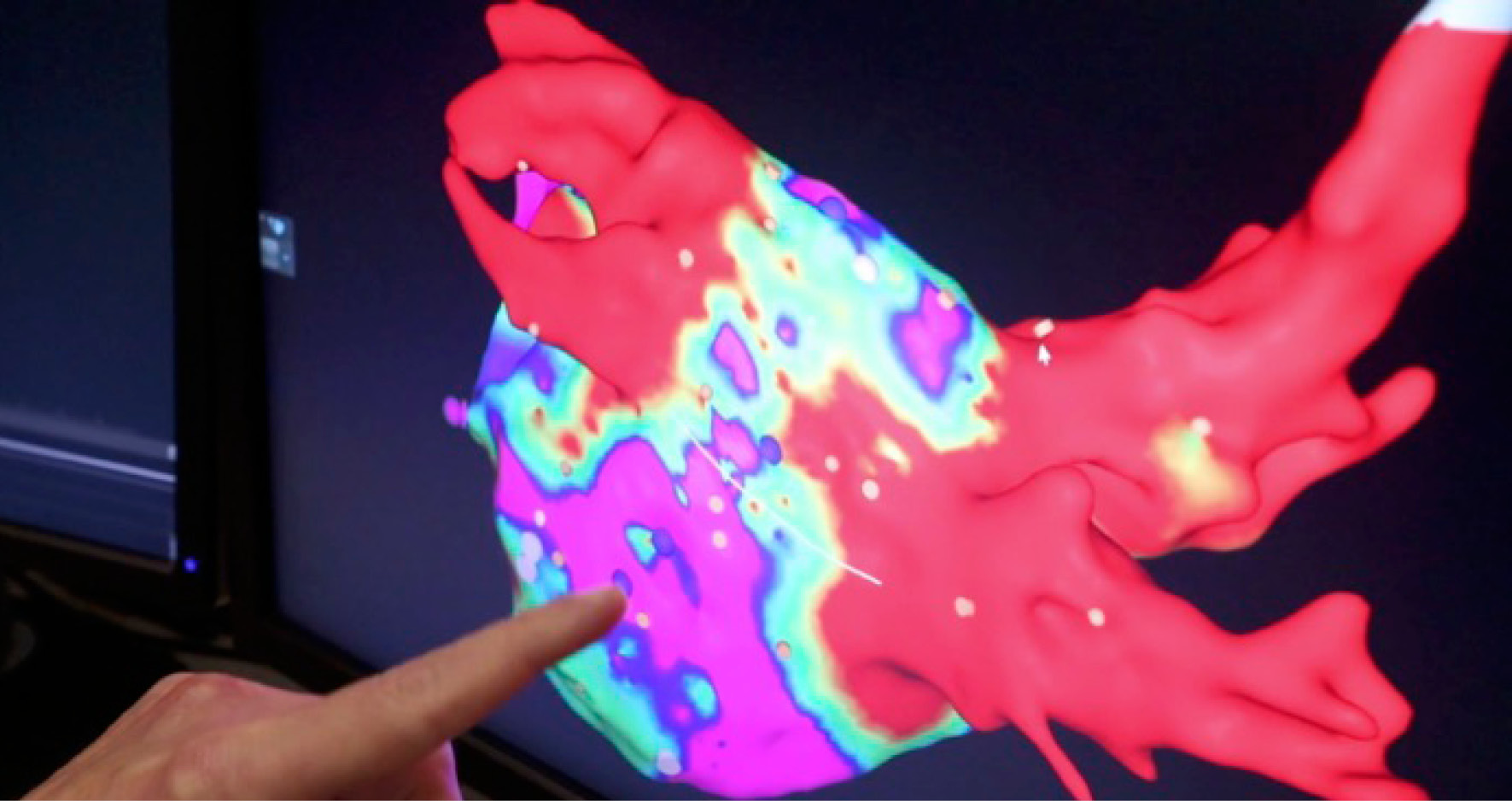
Newest 3-D technology and ablation equipment. We diagnose and treat patients using the most advanced diagnostic technologies and treatment therapies available, with the ability to precisely target abnormal heart tissue responsible for causing cardiac arrhythmias.
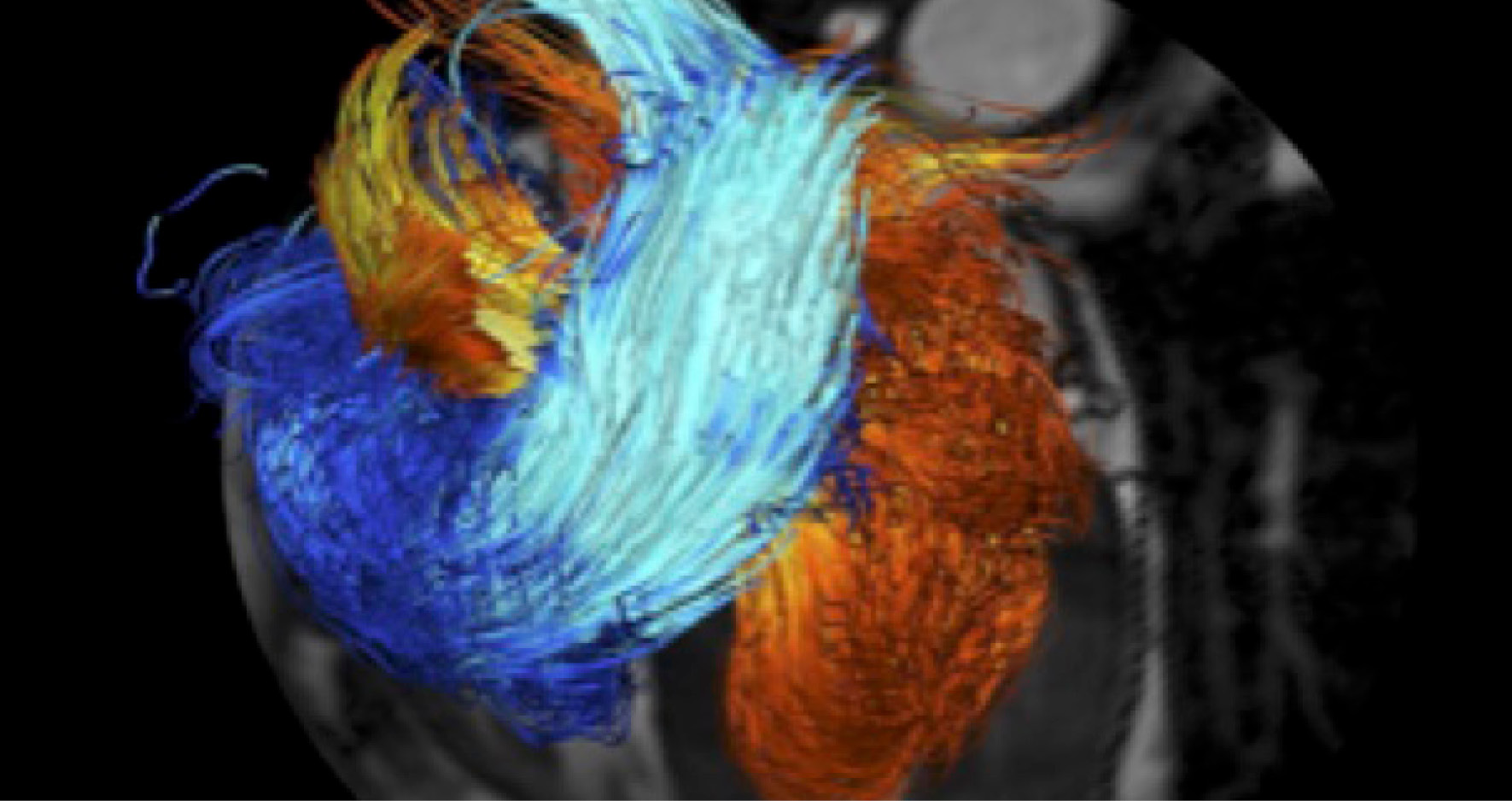
What we are working on — groundbreaking and lifesaving research. UHealth's AFib research offers tomorrow's treatments for today's patients, including National Institutes of Health-funded studies to improve the outcomes of catheter ablation via precise heart mapping and diagnostic approaches for atrial fibrillation.
Our Experts
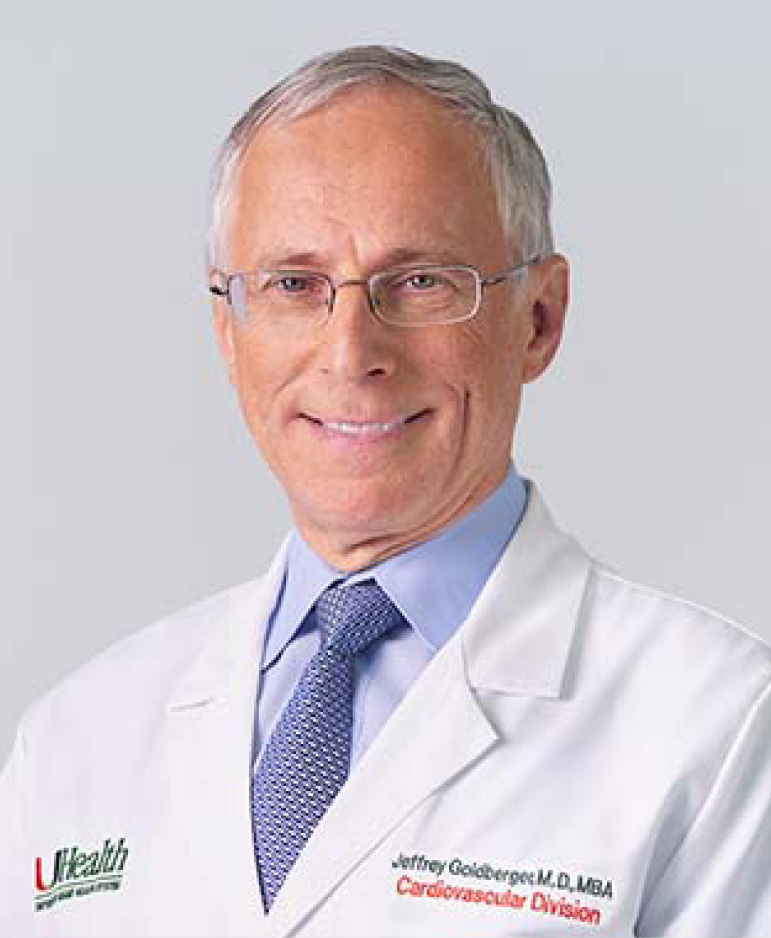
JEFFREY
GOLDBERGER, M.D.
Professor of Medicine
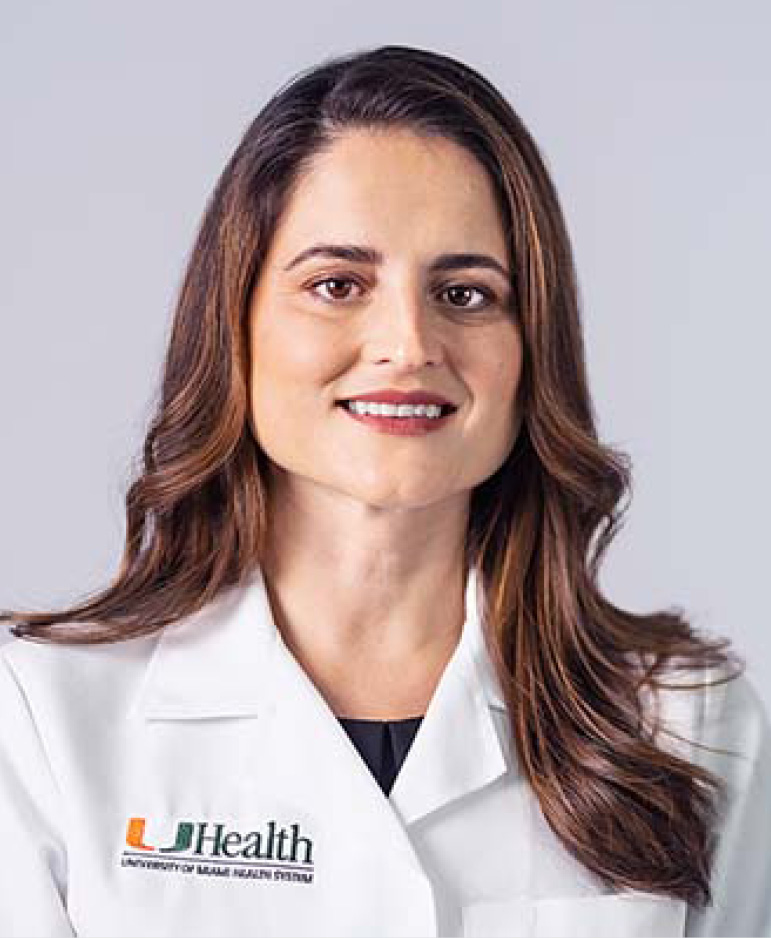
LITSA K.
LAMBRAKOS, M.D.
Associate Professor of Medicine
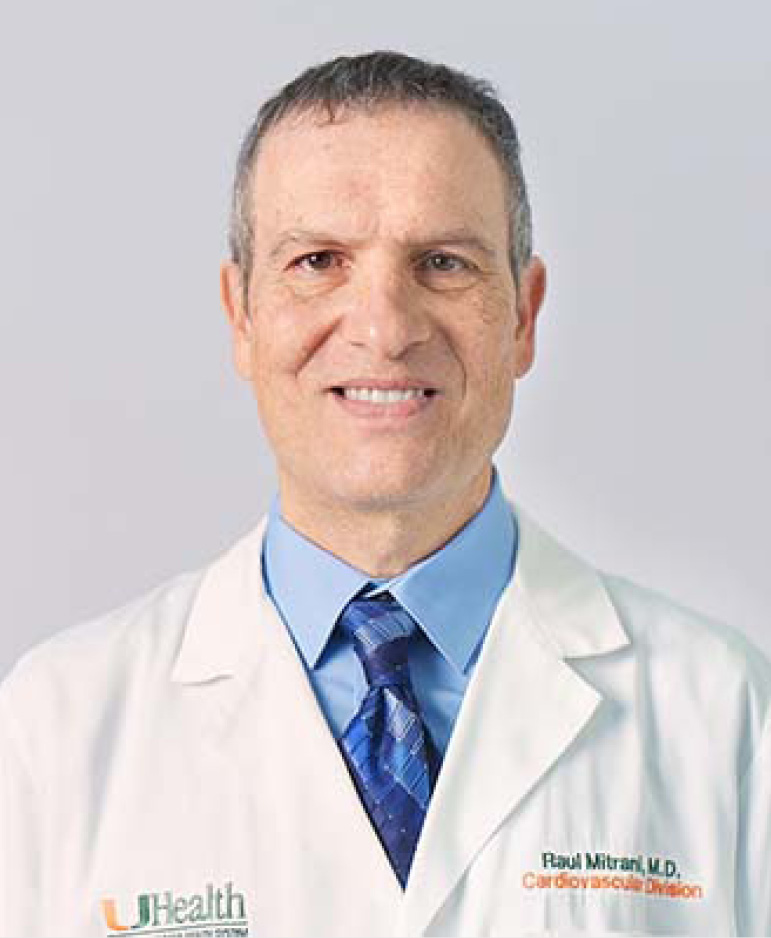
RAÚL
MITRANI, M.D.
Professor of Medicine
Director, Cardiac Electrophysiology
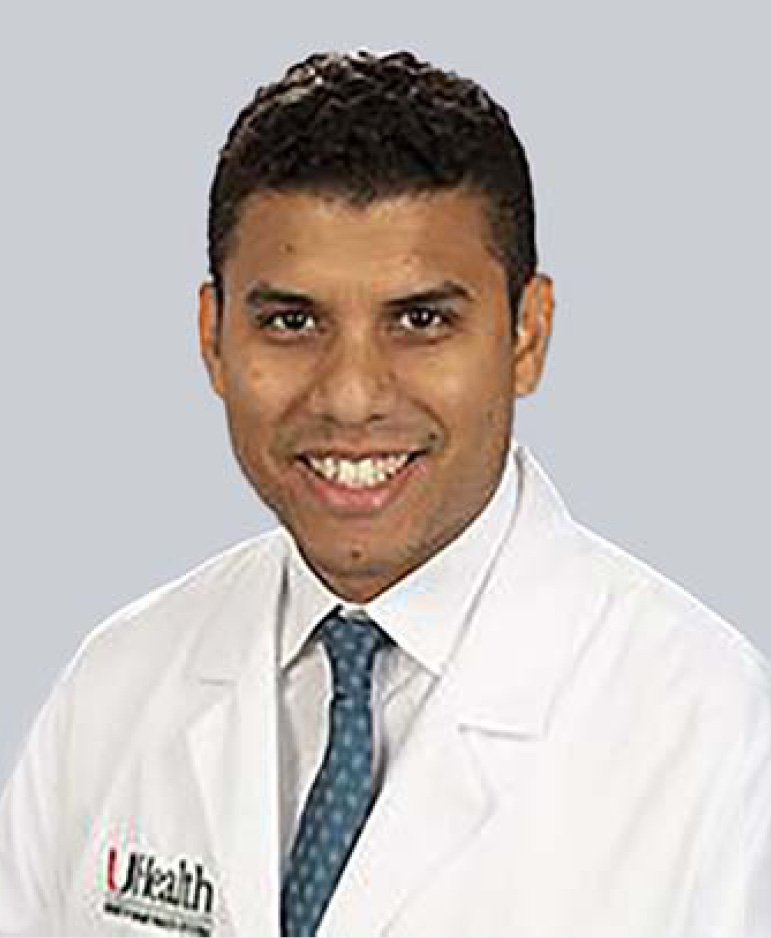
ALEX HERNÁN
VELÁSQUEZ, M.D.
Assistant Professor of Medicine
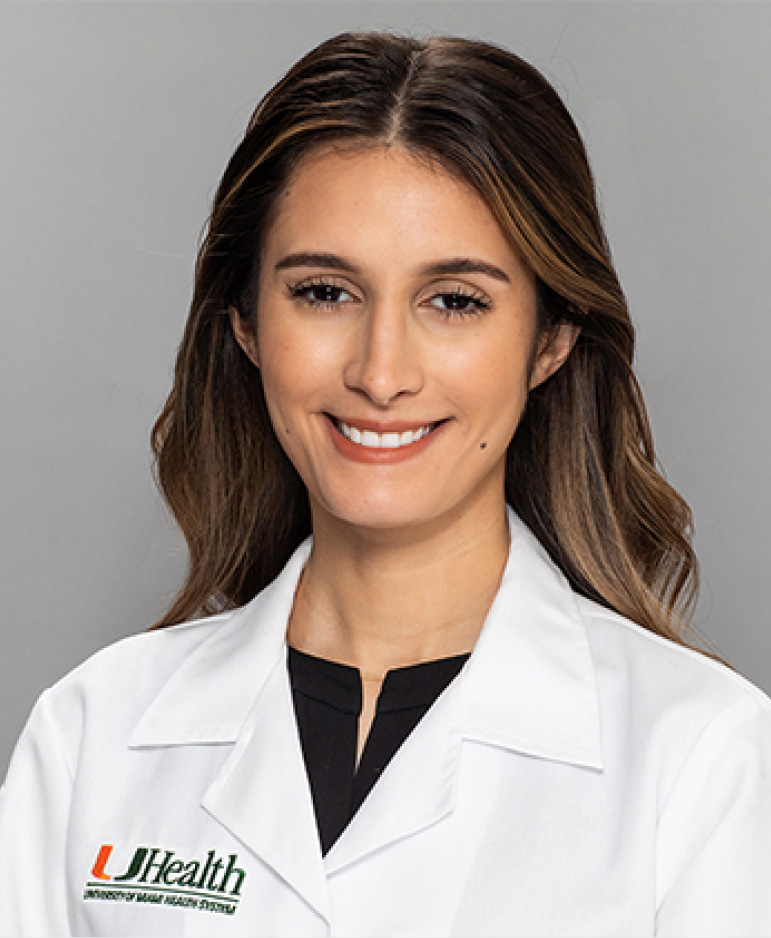
MELISSA ALZATE,
BSN, RN CV-BC
Nurse Coordinator
Treatments
LIFESTYLE MODIFICATION
Research indicates that controlling the risk factors for atrial fibrillation can help with treatment. When lifestyle changes are not sufficient, we create an individualized treatment plan based on your type of atrial fibrillation, impact on your lifestyle, and personal preferences.
MEDICATION
For some patients, medication can control both heart rate and rhythm.
CATHETER ABLATION (NONSURGICAL)
This procedure uses radiofrequency (heat), cryotherapy (freezing), or shock pulses (electroporation) to interrupt the pathways that cause atrial fibrillation.
MAZE PROCEDURE
In patients undergoing other open-heart surgeries, such as coronary bypass or surgery to repair leaky or narrowed heart valves, a surgical MAZE procedure can be done during the same operative session if your atrial fibrillation requires additional treatment.
RE-ABLATION OF ARRHYTHMIAS RELATED TO PRIOR AFIB CATHETER ABLATION
Scar tissue from a prior catheter ablation can actually cause new atrial arrhythmias months or even years later. Our techniques for catheter ablation for AFib minimize occurrences of new arrhythmias. However, if patients had prior AFib ablations with occurrences of new atrial arrhythmias, we have experience in treating patients with this complex procedure.
STROKE PREVENTION
Atrial fibrillation can cause blood to pool in the left upper chamber of the heart, an area called the left atrial appendage (LAA). That pooling can cause the blood to clot and get into the bloodstream, potentially causing a stroke. If you have AFib and are considered at risk for strokes, you may need medication to thin your blood and prevent blood clots. If you cannot take anticoagulants due to severe bleeding problems, we offer a catheter-based technique to block the LAA to lower your risk of a stroke.
VENTRICULAR TACHYCARDIA (VT)/PREMATURE VENTRICULAR CONTRACTIONS (PVC) IMPLANTABLE DEFIBRILLATOR
Ventricular tachycardia is a serious arrhythmia that in some patients can cause rapid palpitations, and in others, loss of consciousness. For some patients, VT can lead to ventricular fibrillation and sudden cardiac death. For those patients at risk for sudden cardiac death, we recommend an implantable defibrillator.
All patients are given a comprehensive assessment of their overall cardiac and coronary function and structure. We try to identify a precipitating cause of ventricular tachycardia or PVCs and treat any underlying condition that may be a causative factor. Depending on the individual, if the VT or PVCs persist, we may then recommend drug therapy, catheter ablation, implantable defibrillator or a combination thereof.
CARDIAC DRUG OR ABLATION THERAPY
PVCs are extra premature heartbeats that originate from the bottom chambers causing a premature contraction. While you may have no symptoms, you could also have intolerable palpitations, fatigue or shortness of breath. An excessive number of PVCs can lead to deterioration of heart function and congestive heart failure. Sometimes, treatment with drugs or ablation can be beneficial.
CARDIAC PACEMAKERS/DEFIBRILLATORS/CARDIAC RESYNCHRONIZATION THERAPY
Implantable pacemakers or defibrillators may help restore normal rhythm and prevent sudden death.
Request an Appointment
Existing patients can schedule an appointment by logging in to
MyUHealth Chart or by calling 305-243-5554.
Existing patients can schedule an appointment by logging in to MyUHealth Chart or by calling 305-243-5554.
